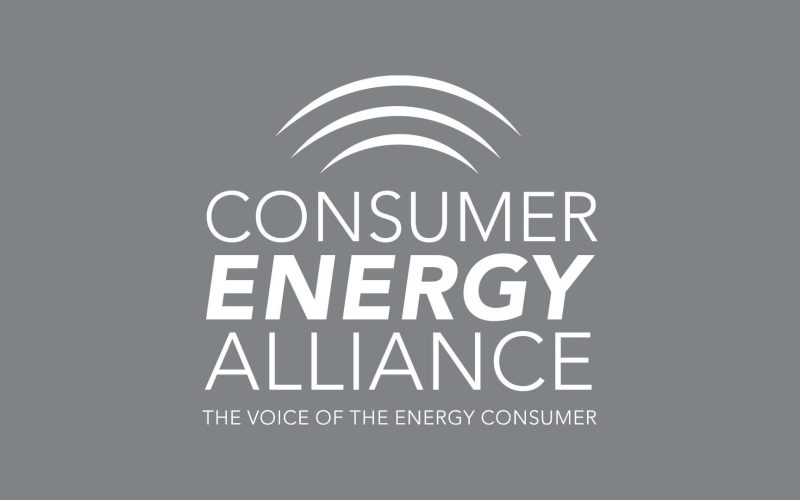THE VOICE FOR THE ENERGY CONSUMER

TOPEKA – Consumer Energy Alliance (CEA), the leading energy and environmental advocate for families and businesses, issued the following statement after the Kansas House of Representatives passed House Bill 2783,.

In the area of alternative fuels, natural gas is one of the most affordable and reliable fuel technologies. Since the introduction of hydraulic fracturing, natural gas has become much more.

Permitting directive sets national example of right approach to energy HOUSTON – Consumer Energy Alliance (CEA), the leading energy and environmental advocate for families and businesses, issued the following statement.

LNG Permit Pause Will Slow Production, Raise Domestic Prices Restricting U.S. LNG Will Lead to Higher Global Emissions HOUSTON – The Biden Administration’s announcement of a pause on LNG export.

HOUSTON – Consumer Energy Alliance (CEA) is proud to announce the addition of Leslie Liedtke Griffin as Executive Vice President of Affiliate Member Relations and Foundation Coordination. Griffin brings a.

• Holt Urges Congress to Take Bipartisan Action to Support Viable Gulf Lease Sales to Protect Consumers • U.S. Emissions Performance is Proof that Energy, Environmental Goals Are Compatible WASHINGTON.

January, 8, 2024, HOUSTON — Consumer Energy Alliance (CEA) welcomed two noteworthy energy experts to its growing board of directors, CEA President David Holt announced today. One of CEA’s new.

BATON ROUGE – Consumer Energy Alliance, the leading energy and environmental advocate for families and businesses, issued the following statement after the Environmental Protection Agency (EPA) granted Louisiana’s request to.

COLUMBUS – Consumer Energy Alliance (CEA), the leading energy and environmental advocate for families and businesses, issued the following statement after the Governor DeWine signed House Bill 201, legislation that.

WASHINGTON, D.C – Consumer Energy Alliance, the leading energy and environmental advocate for families and businesses, issued the following statement after the House Natural Resources Subcommittee on Energy and Mineral.